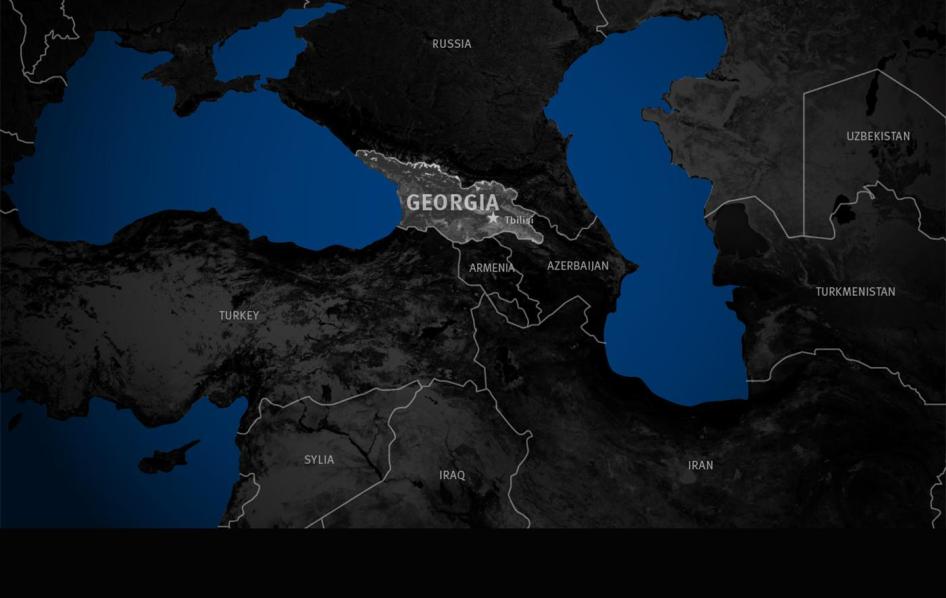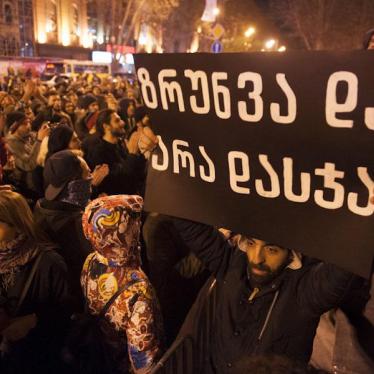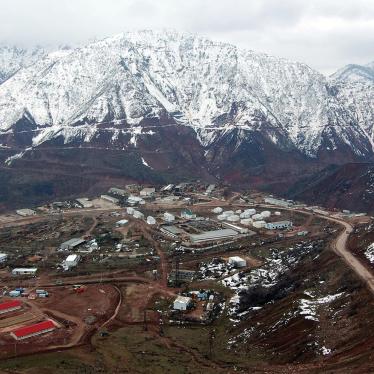Georgia’s newly adopted law on labour safety is lacking statutes on workers’ rights due a narrow definition of safety — working hours, overtime payment, and required breaks are still not sufficiently regulated. Due to such weak edicts, worker fatalities are still on the rise.
In early April 2018, Mikheil, a 54-year-old coal miner in Georgia, heard sirens just as he was about to start his morning shift. He would soon learn that an explosion in the mine had killed six of his co-workers, including Pavle, his 25-year-old nephew. The mine soon reopened, however, and he was called back to work.
According to his son, Mikheil was terrified and could barely sleep for months. Every night, images of those who had died in the mine haunted him, and he worried that he would be next. One evening in July, he was sharing stories with other co-workers in the small kitchen of one of their apartments. He told them that he didn’t want to work in the mine ever again. But the following morning, he went back underground — that day he and three others died in an accident.
Ongoing investigations and legal proceedings over last year’s fatal accidents in the coal mine present an opportunity to draw lessons from these tragedies and bring justice for the surviving families. However, more is needed to protect workers’ safety around the country.
The law doesn’t go far enough
Amendments adopted this week to the law on labour safety are a welcome response to horrific tragedies like that which took Mikheil’s life and those of many others. But they won’t go into full effect until September, and they don’t go far enough.
The amendments expand the scope of safety inspections, allowing inspectors free and unlimited access to any company in any field of activity, and give inspectors the power to issue enforceable recommendations and fines. But the law defines ‘safety’ narrowly.
Inspectors can check, for instance, whether the ventilation system in a mine works, but not whether working hours are reasonable and that workers get adequate rest. They can check whether the brakes of a train work, but not whether the pressure to meet production targets is so high that workers are forced to take risks.
Fair working conditions and respect for labour rights are key to ensuring the safety of workers, especially in hazardous work like mining. Deregulation in the mid-2000s, although followed by some reregulation over the years, has left Georgia with relatively weak worker protections. Georgian law still does not sufficiently regulate working hours and rest time, weekly breaks, night work, and overtime payment, among other issues.
In December, workers in one mine told me they work 12-hour shifts underground for 15 consecutive days, with no time off. Every other month, workers do night shifts with the same schedule. Workers then get the following two weeks off. While the system expedites production for the company, workers say the schedule puts their safety at risk.
Workers have to stay alert to safety risks, like the creaking or curving of wooden supports that could signal an imminent roof collapse. ‘When exhausted, workers cannot think with a clear head, cannot make decisions. In that condition, they can make mistakes’, one worker said. ‘On the ninth or tenth night of work, everyone is exhausted, and a lot of workers fall asleep, even tractor drivers fall asleep’, another worker said. He suffered a deep cut to his waist last year after an electric chainsaw was accidentally set in motion by an exhausted colleague.
An increase in fatalities
A study funded by the Friedrich Ebert Foundation estimated that the number of deaths while at work in Georgia has increased by 74% since 2006. Fifty-nine workers died at work in 2018, according to the Public Defender’s Office, a state body that monitors human rights in Georgia. Amendments to the law on labour safety, while a step in the right direction, still leave Georgia without a full labour inspectorate in line with International Labour Organisation (ILO) standards and the requirements set in the Georgia–EU Association Agreement.
Georgia should put in place an independent labour inspectorate, with adequate, appropriately trained staff. The inspectorate should have a broad mandate and be able to verify the full spectrum of safety and labour rights. Georgia should also bring its labour legislation fully in line with ILO standards. Until then, the country is not doing enough to protect its workers.









